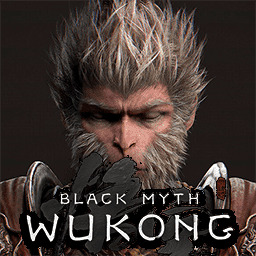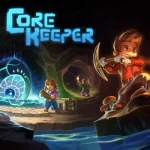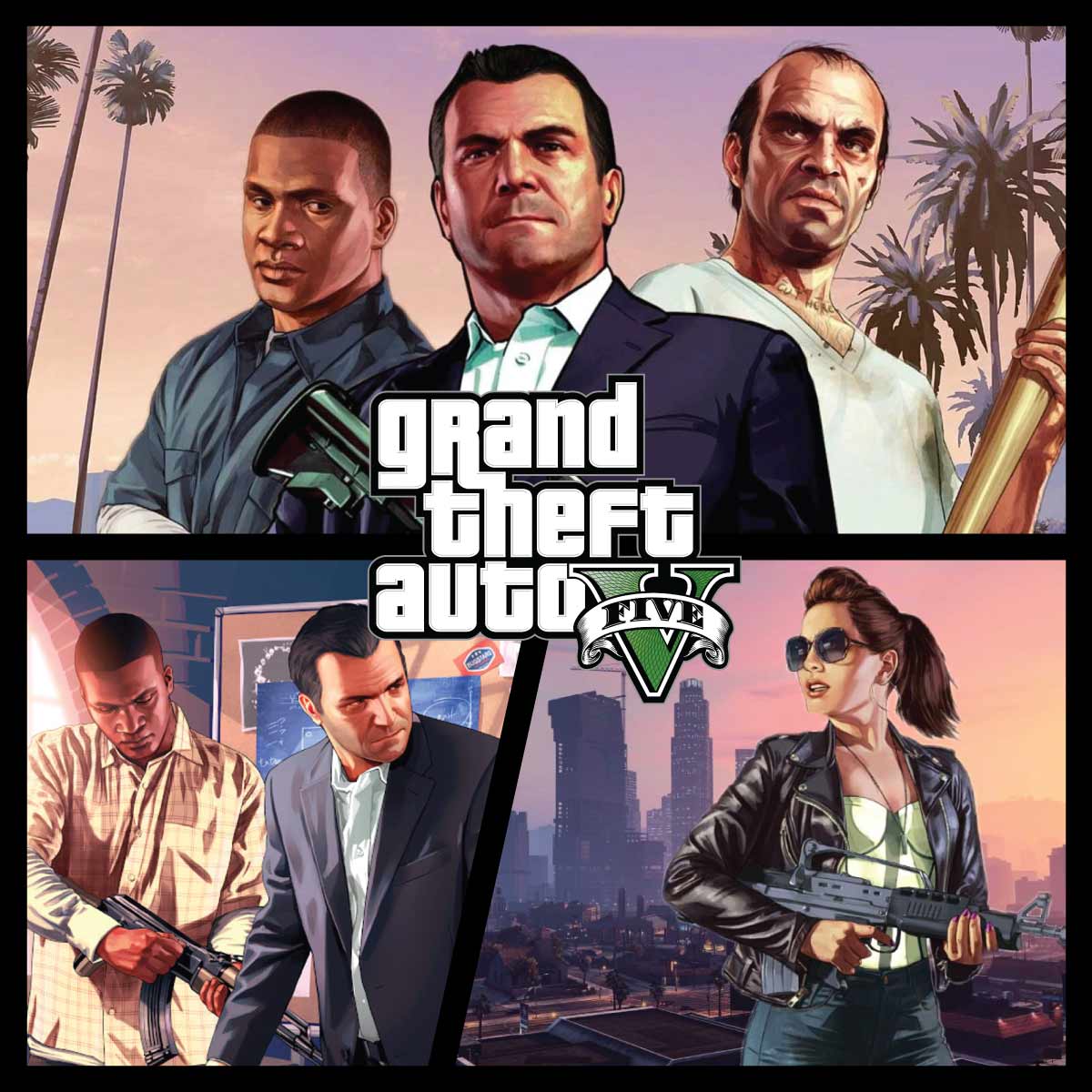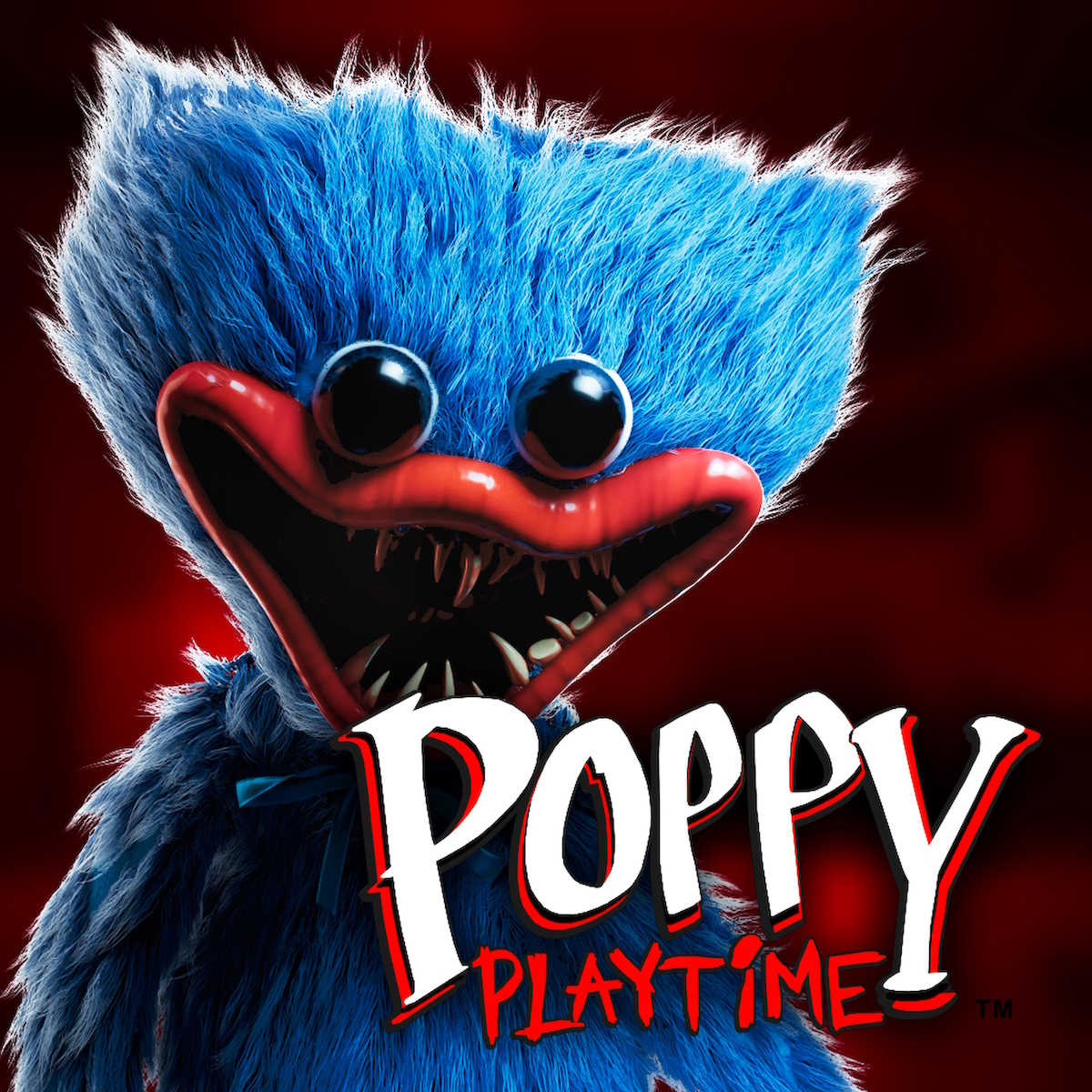In action RPGs, fluid combat heavily relies on animation design.
Black Myth: Wukong excels in delivering a cinematic experience through its animations, making combat both visually stunning and mechanically precise. This article explores the challenges, innovations, and influence of animation on combat fluidity, providing a deep dive into this critical aspect of the game.
H2: The Role of Animations in Combat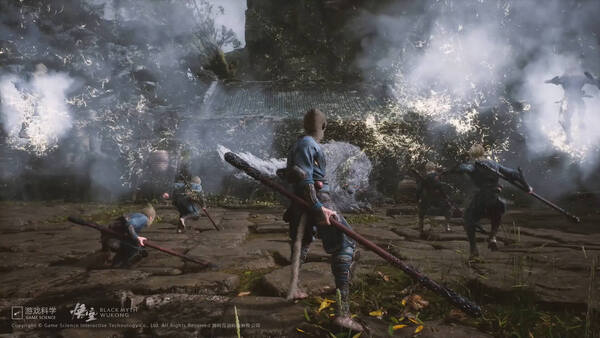
H3: Visual Cues for Player Feedback
Animations are essential for conveying timing, hit detection, and enemy behavior, ensuring players can react appropriately.
H4: Balancing Realism and Responsiveness
The developers had to strike a balance between realistic movements and responsive controls to maintain immersion without compromising gameplay.
H2: Motion Capture and Combat Realism
H3: Capturing Martial Arts Authenticity
Using motion capture,
Black Myth: Wukong replicates authentic martial arts techniques, grounding its fantastical combat in realism.
H4: Enhancing Character Personality
Each movement reflects Wukong’s personality, from his playful flips to his powerful staff strikes, making the character come alive.
H2: Transition Animations for Seamless Gameplay
H3: The Importance of Transition States
Smooth transitions between actions, such as dodging into an attack or switching forms, keep combat fluid and intuitive.
H4: Avoiding Animation Lock
To maintain responsiveness, the game minimizes animation lock, allowing players to cancel actions and adapt during combat.
H2: Enemy Animation Design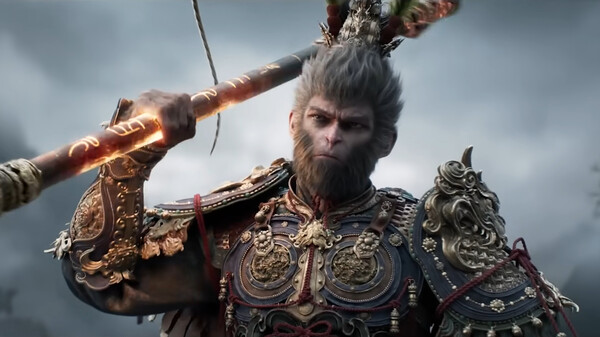
H3: Telegraphing Attacks
Enemies use deliberate animations to telegraph their moves, giving players a chance to strategize and counter effectively.
H4: Distinct Styles for Variety
From agile demons to lumbering beasts, enemy animations vary widely, ensuring encounters feel fresh and challenging.
H2: The Art of Hit Detection
H3: Precise Timing and Impact
Hit detection is synced with animations to ensure every strike feels accurate and impactful, enhancing player satisfaction.
H4: Visual and Audio Feedback
Visual effects, such as sparks and blood sprays, combined with sound cues, amplify the satisfaction of landing successful hits.
H2: Animation in Boss Battles
H3: Multi-Phase Design
Boss animations evolve across phases, introducing new attack patterns and strategies to keep players engaged.
H4: Cinematic Flair
Boss encounters are designed with cinematic animations that elevate the epic scale of these battles.
H2: Challenges in Animation Development
H3: Optimization for Performance
High-quality animations must be optimized to run smoothly on various platforms without compromising visual fidelity.
H4: Balancing Complexity
Developers face the challenge of creating intricate animations that don’t overwhelm players or disrupt gameplay flow.
H2: Community Feedback on Animations
H3: Iterative Improvements
Player feedback from beta testing led to tweaks in animation speed, fluidity, and responsiveness, enhancing the overall experience.
H4: Addressing Criticisms
Some early feedback highlighted issues with animation delays, which were addressed to improve combat responsiveness.
H2: Animation and World Immersion
H3: Environmental Interactions
Animations extend beyond combat, showcasing Wukong interacting with the world, from climbing walls to manipulating objects.
H4: Dynamic Weather and Effects
The animation system adapts to environmental conditions, such as wind affecting Wukong’s fur or rain impacting his movements.
H2: Future Innovations in Animation Design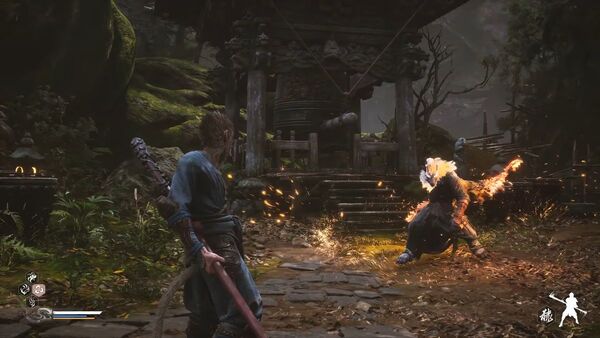
H3: Expanding Transformative Animations
The developers aim to introduce more diverse animations for Wukong’s transformations, enhancing their visual and mechanical appeal.
H4: Multiplayer Animation Dynamics
If multiplayer is implemented, synchronized animations between players and enemies could add a new layer of depth.
Conclusion
The animation design in
Black Myth: Wukong is a cornerstone of its success, creating a visually captivating and mechanically satisfying combat system. By emphasizing realism, responsiveness, and feedback, the developers have crafted animations that enhance both immersion and gameplay fluidity. While challenges remain in balancing complexity and performance, the game sets a new benchmark for animation-driven combat in the action RPG genre.
